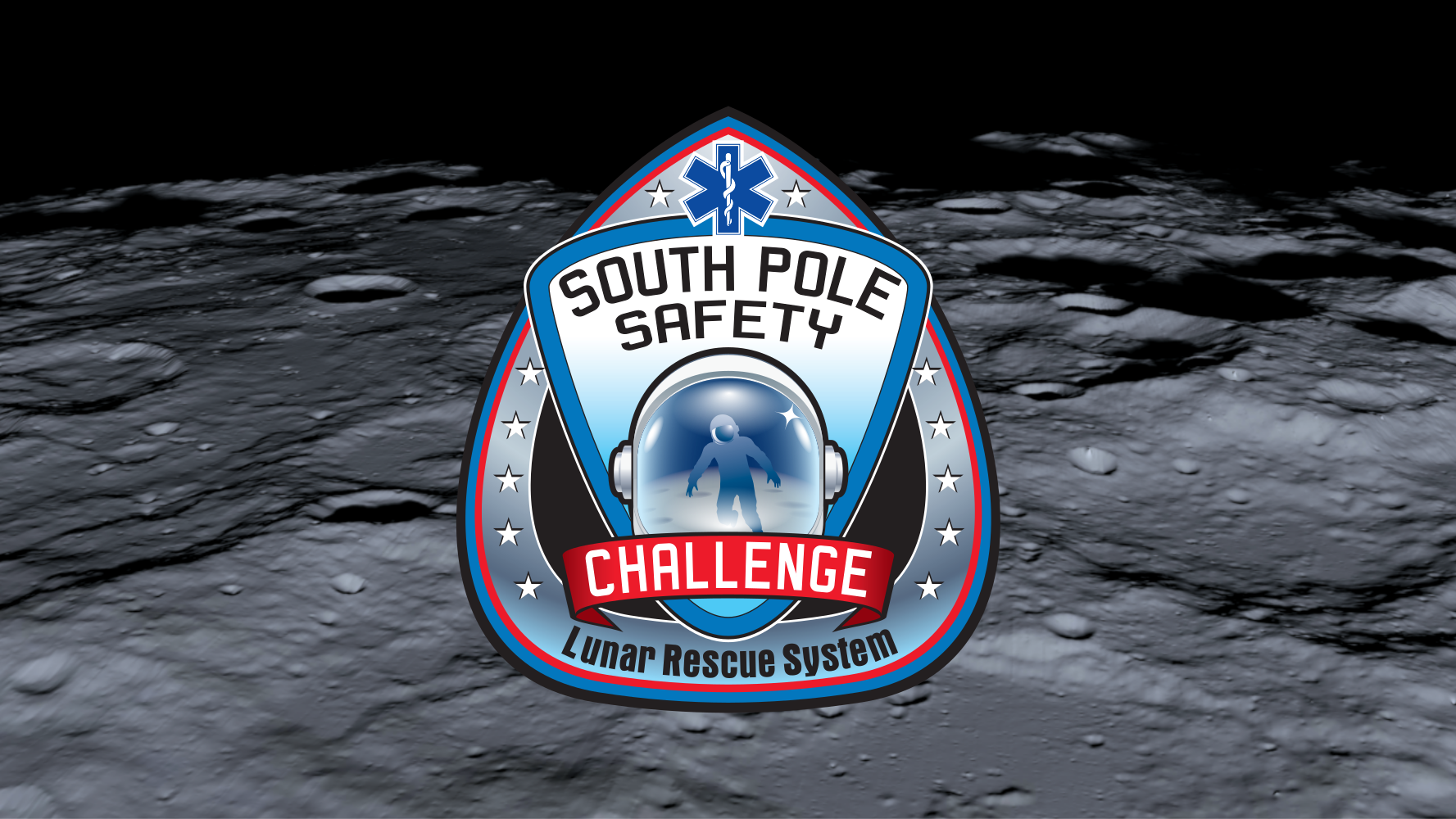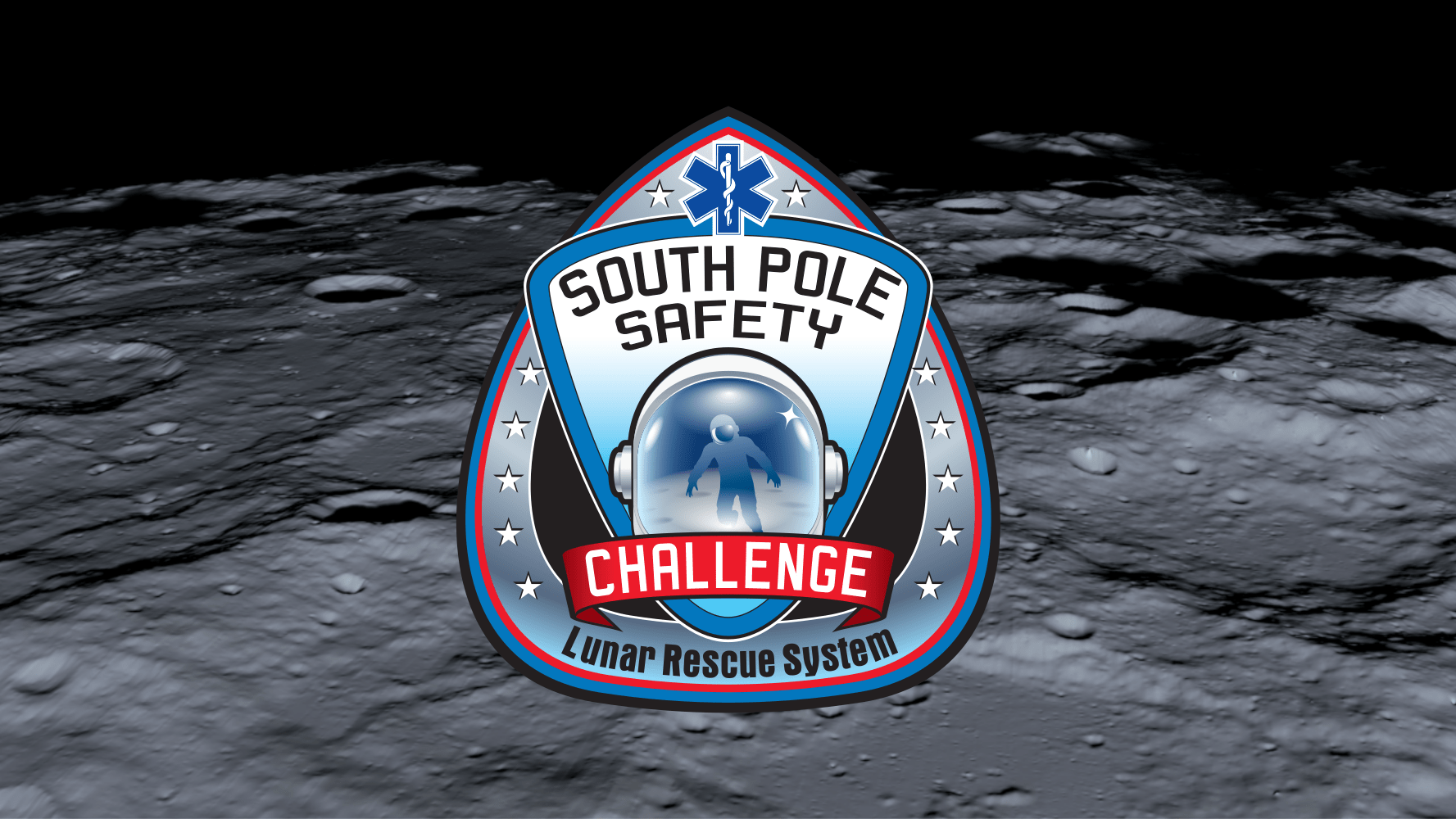South Pole Safety: Designing the NASA Lunar Rescue System
In the unforgiving lunar environment, the possibility of an astronaut crewmember becoming incapacitated due to unforeseen circumstances (injury, medical emergency, or a mission-related accident) is a critical concern, starting with the upcoming Artemis III mission, where two astronaut crewmembers will explore the Lunar South Pole. The Moon’s surface is littered with rocks ranging from 0.15 […]

In the unforgiving lunar environment, the possibility of an astronaut crewmember becoming incapacitated due to unforeseen circumstances (injury, medical emergency, or a mission-related accident) is a critical concern, starting with the upcoming Artemis III mission, where two astronaut crewmembers will explore the Lunar South Pole. The Moon’s surface is littered with rocks ranging from 0.15 to 20 meters in diameter and craters spanning 1 to 30 meters wide, making navigation challenging even under optimal conditions. The low gravity, unique lighting conditions, extreme temperatures, and availability of only one person to perform the rescue, further complicate any rescue efforts. Among the critical concerns is the safety of astronauts during Extravehicular Activities (EVAs). If an astronaut crewmember becomes incapacitated during a mission, the ability to return them safely and promptly to the human landing system is essential. A single crew member should be able to transport an incapacitated crew member distances up to 2 km and a slope of up to 20 degrees on the lunar terrain without the assistance of a lunar rover. This pressing issue opens the door for innovative solutions. We are looking for a cutting-edge design that is low in mass and easy to deploy, enabling one astronaut crewmember to safely transport their suited (343 kg (~755lb)) and fully incapacitated partner back to the human landing system. The solution must perform effectively in the Moon’s extreme South Pole environment and operate independently of a lunar rover. Your creativity and expertise could bridge this critical gap, enhancing the safety measures for future lunar explorers. By addressing this challenge, you have the opportunity to contribute to the next “giant leap” in human space exploration.
Award: $45,000 in total prizes
Open Date: November 14, 2024
Close Date: January 23, 2025
For more information, visit: https://www.herox.com/NASASouthPoleSafety








